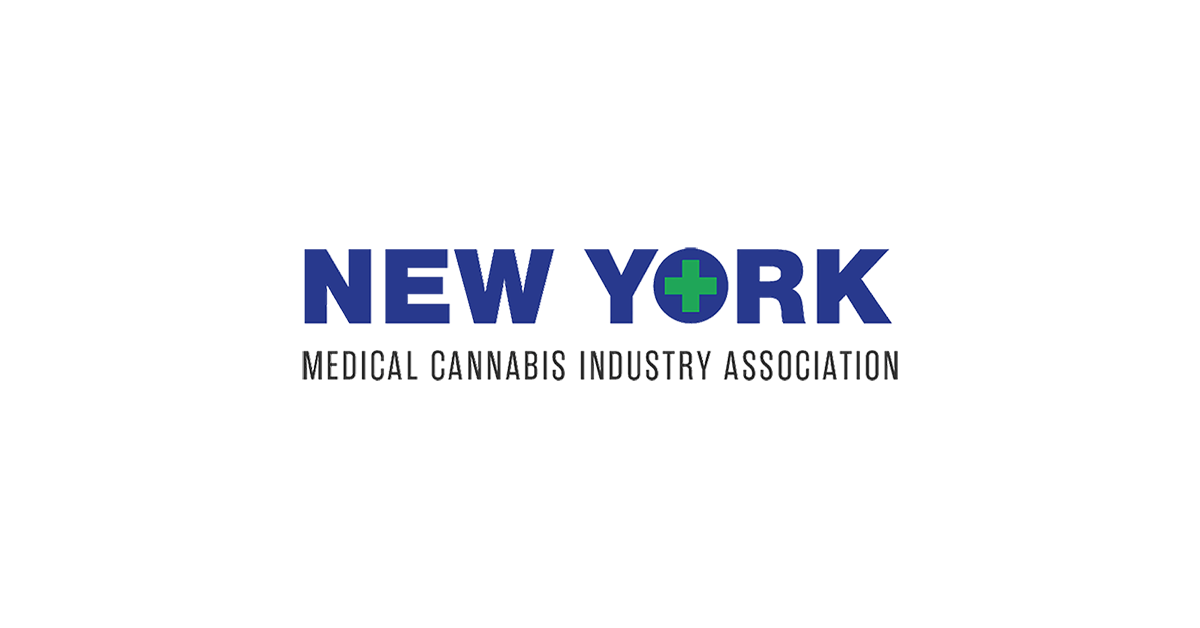For drug reformers, social justice advocates and longtime fans of toking up, tomorrow will be a day they have waited decades to see. As part of the release of his state budget proposal, Gov. Andrew Cuomo is expected to present his plan for legalizing adult recreational use of marijuana. If a bill passes, it would make New York the 11th state to bring a complete end to cannabis prohibition.
More than 20 other states—including New York since 2014—have legal medical-marijuana programs.
The governor's proposal is likely to intensify the debate over not just legalization but also how to avoid problems that have beset other states, such as California, where a recreational rollout undermined the medical-marijuana program and failed to curb the black market.
Some advocates and policy experts are concerned about commercialization, or at least its adverse side effects, which can include a growing dependency on increasingly potent strains of the drug.
One insider familiar with the working group that has been advising the governor said he expected New York would wind up with "by far" the most restrictive recreational program in the country. It's not clear how it might play out, but the aim, according to the insider, would be to keep prices from plunging—as they have in Washington state, for instance—but still have them undercut the black market. The program would also try to limit how aggressively cannabis is marketed.
"You want supply that will cover the unstimulated demand," the insider said. "You don't want to let the industry stimulate extra demand."
A battle may be brewing, however, between commercial interests, which would include New York's 10 medical-marijuana providers, and some longtime drug reformers and social justice advocates.
"We want to see a policy that is shaped by the lives of New Yorkers, not solely business interests," said Kassandra Frederique, New York state director of the Drug Policy Alliance. "Restitution to communities most impacted by marijuana prohibition is the starting line."
In a statement today, the New York Medical Cannabis Industry Association, which represents six of the 10 medical providers, said the group supports an inclusive industry and agrees that "communities disproportionately impacted by the failed War on Drugs should benefit from the development of a new industry."
The medical-marijuana providers maintain that their expertise and infrastructure make them the only business entities ready to hit the ground running if a bill is passed.
In comments to reporters last week, Cuomo appeared focused on finding ways in which a legal market could benefit the communities that have suffered the most from drug-law enforcement.
"It's very important that the wealth that is generated here, the economic opportunity—which should be significant—goes to assist those people who paid the price in the first place," the governor said. "That's something we're working on."
A report released in May by city Comptroller Scott Stringer estimated the adult-use marijuana market could add up to $3.1 billion in the state, including $1.1 billion in the city. Tax revenue could total $436 million for the state and $336 million for the city.
A model for the bill might be found in one introduced in 2013 by Manhattan state Sen. Liz Krueger and Buffalo Assemblywoman Crystal Peoples-Stokes, which was updated in 2017. It would create an independent authority to oversee licensing, would impose a 15% excise tax on dispensary sales, would allow for a 2% sales tax by localities and would direct a portion of the tax revenue to job-training, substance-abuse and re-entry programs in low-income communities.
Krueger, who said reversing decades of discriminatory policies was her top priority, also wants to limit the role of the existing medical-marijuana providers.
Nevada, she said, allowed five established companies first dibs on the market—which led to an effective monopoly.
"There's no opportunity there for people to get into the market," she said. "That's the wrong way for New York."
